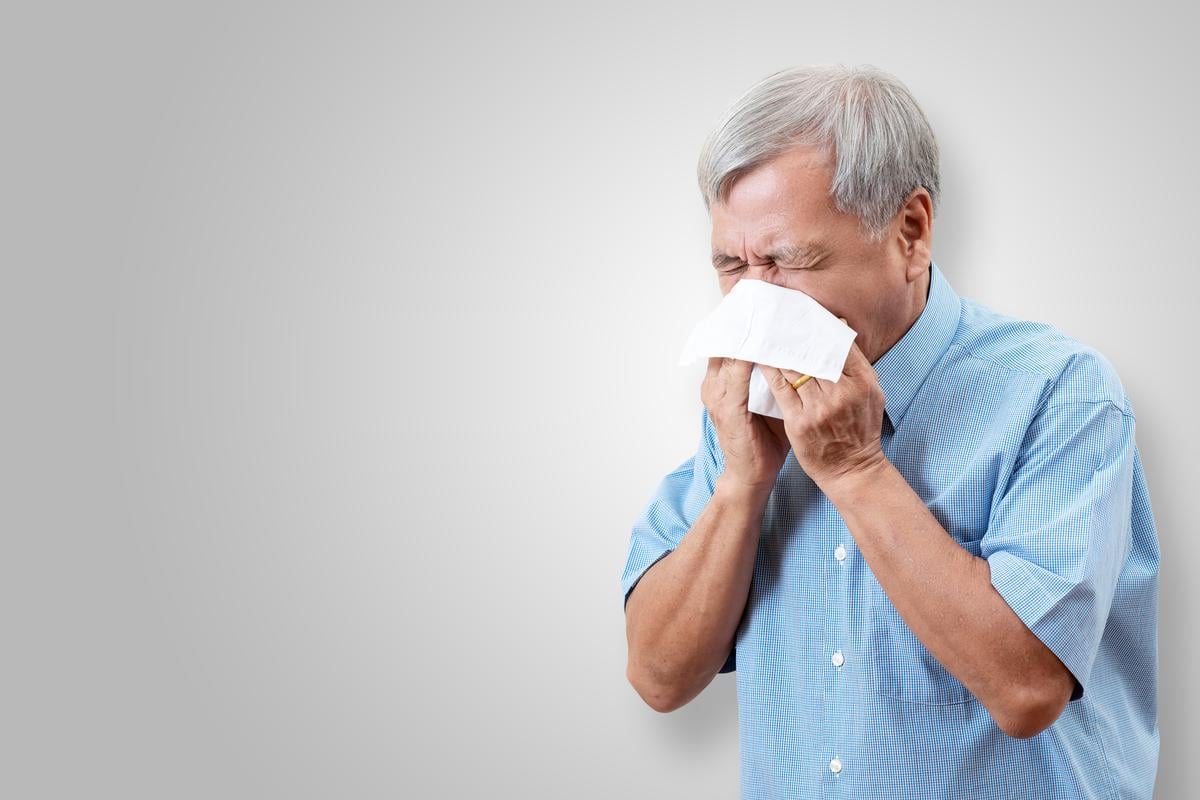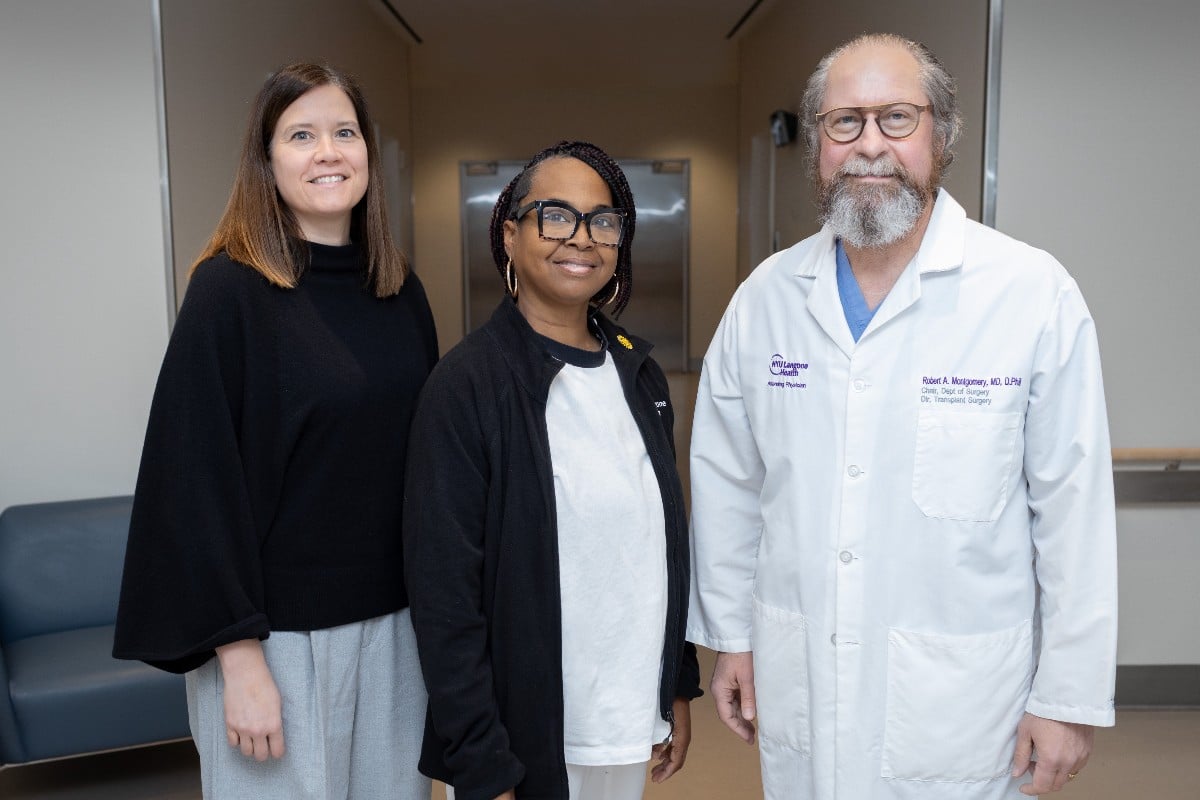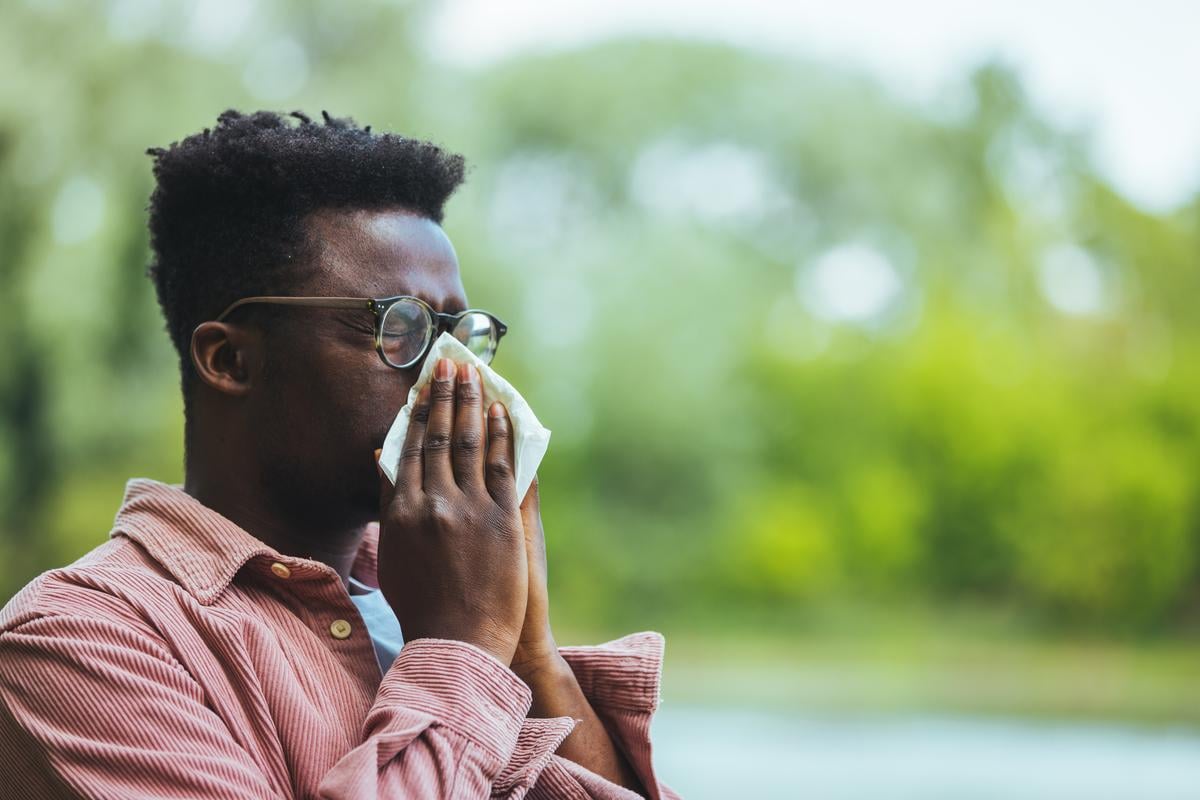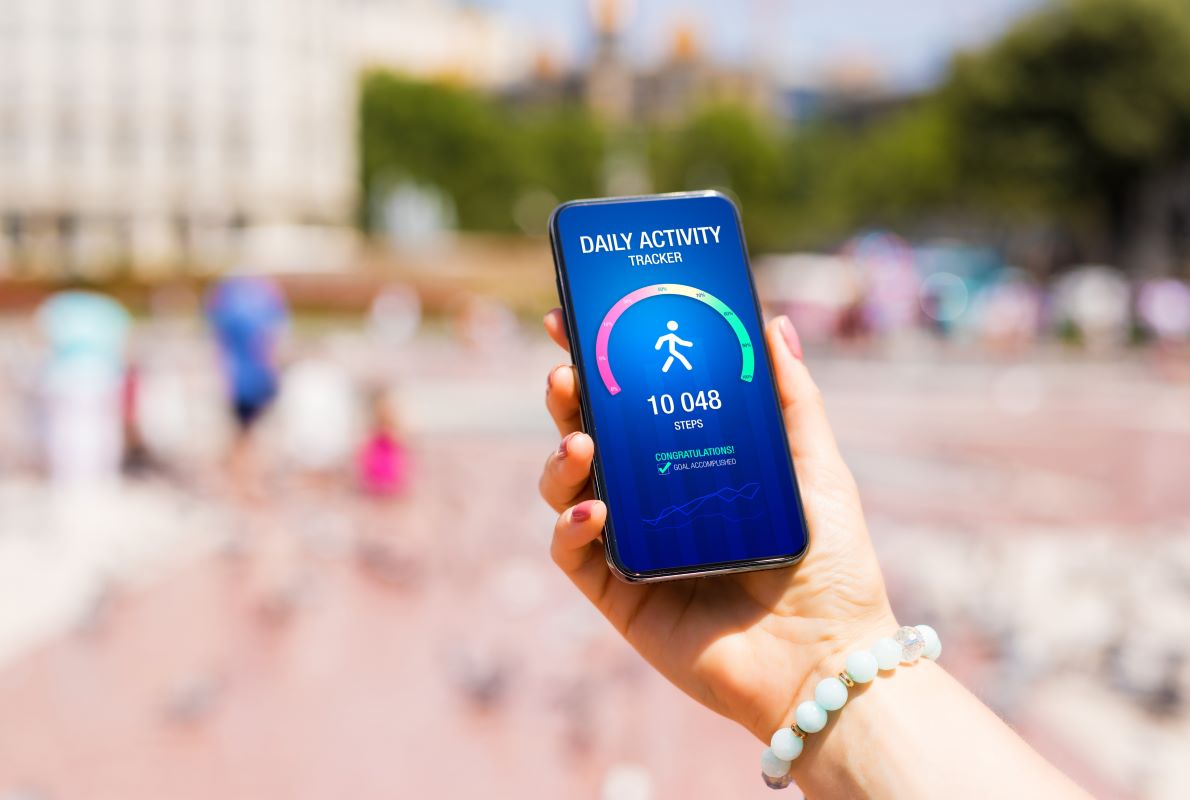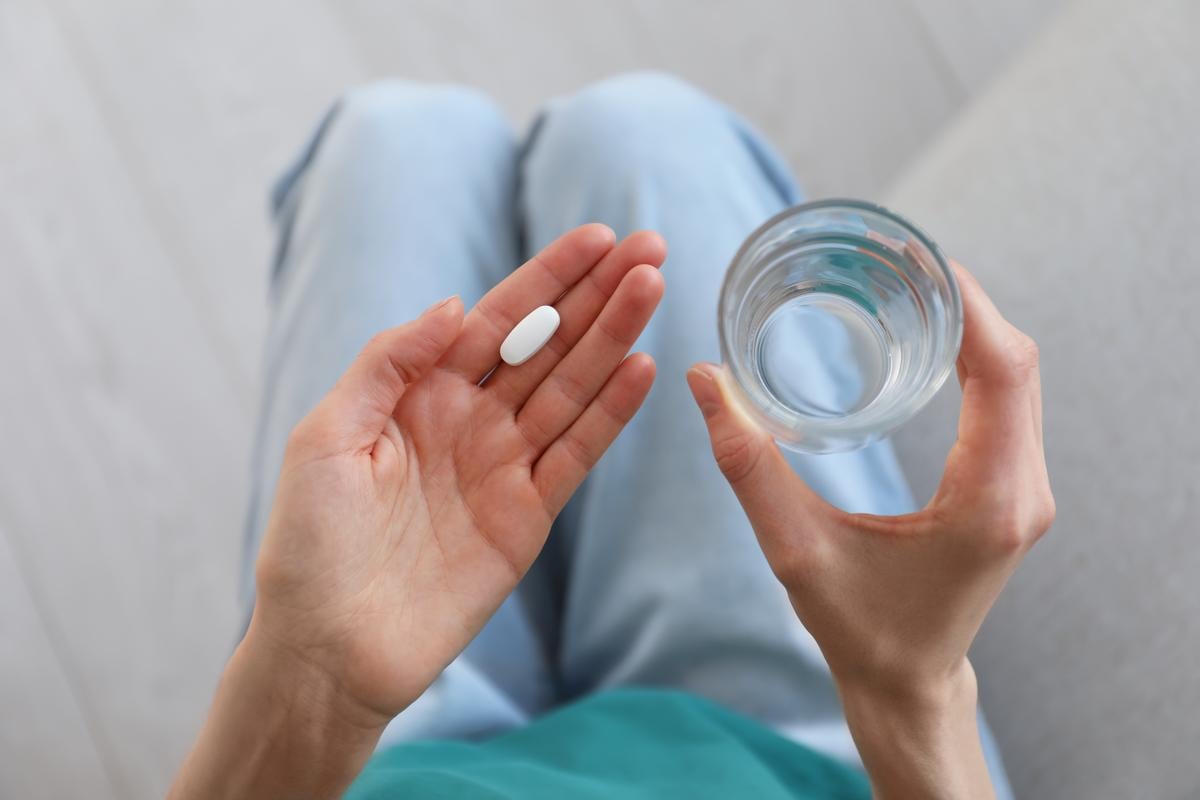
The holidays are here and many Hispanic women can expect to deal with a host of mixed messages when they pass by a table full of festive foods, a new study says. At social gatherings, Hispanic women might be encouraged to eat more on the one hand, while also being cautioned not to overeat on… read on > read on >










